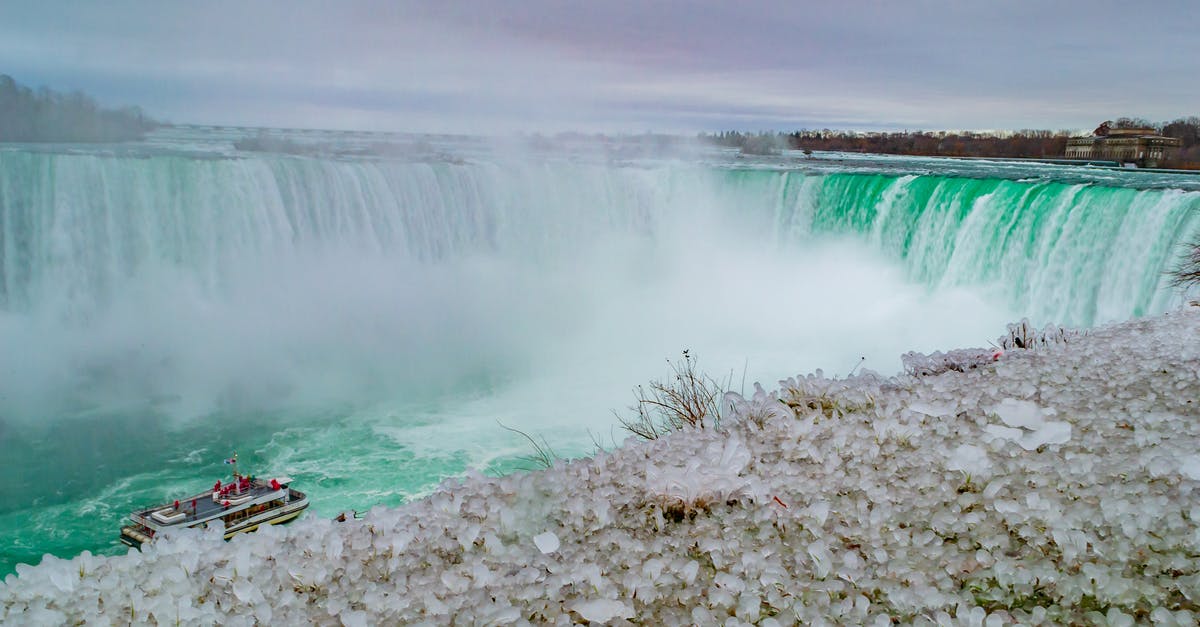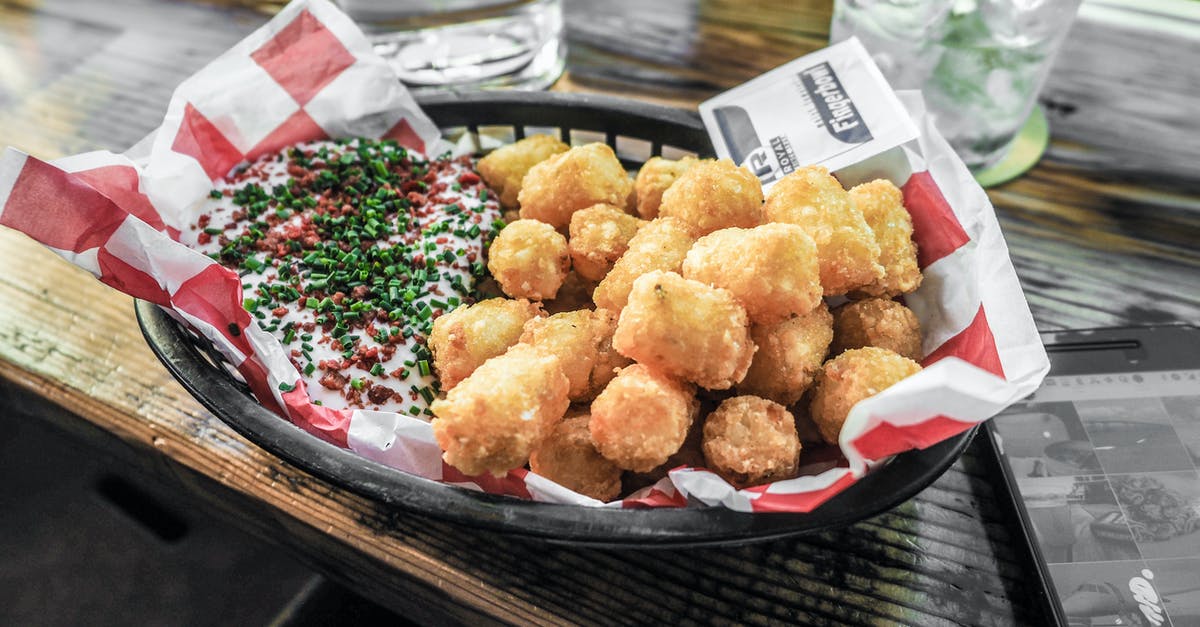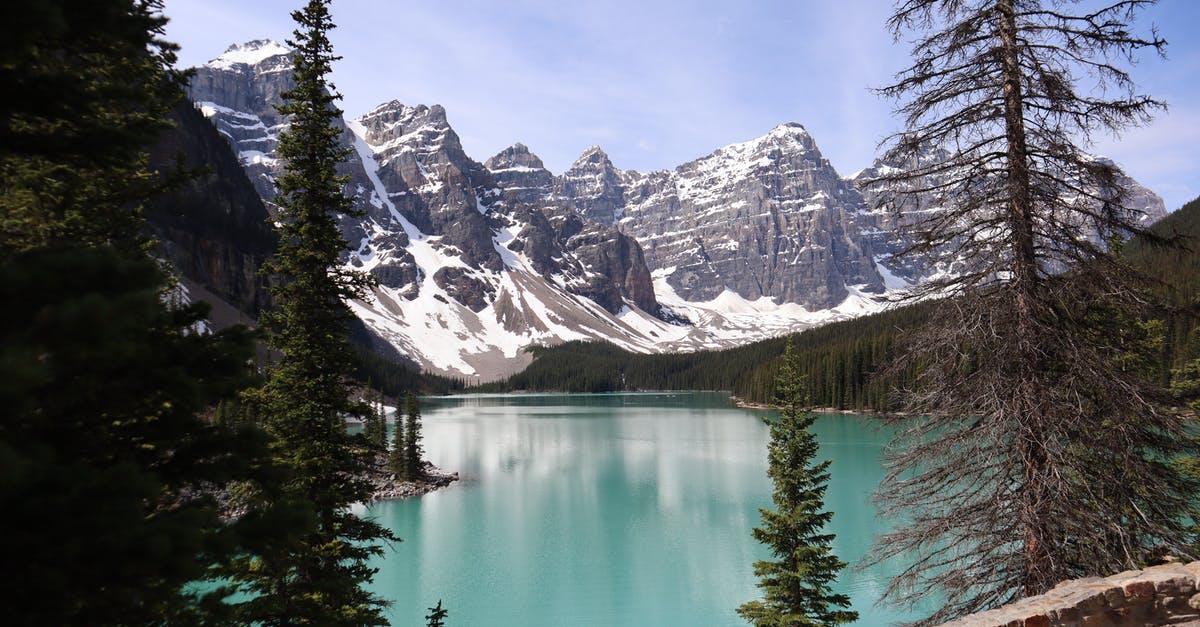Mashed potato: start with hot water or cold water?

I've always been told to start root vegetables in cold water to ensure that the dense structure heats evenly and you don't end up with a mushy exterior. With mashed potato I'm going to tear it apart anyway, so is it worth starting it from cold instead of using water from the kettle?
Best Answer
TL;DR
Start with cold water if you boil potatoes. Peel and chunk medium starch potatoes or use whole unpeeled starchy potatoes.
Start with boiling water if you steam potato chunks, rinse with cold water halfway through cooking (starchy or medium starch potatoes).
If you submerge the potatoes, start them with cold water with salt, bring just to a boil and simmer until done. This method works best with russet potatoes whole and unpeeled, or preferably less starchy potatoes like Yukon Gold, which are fine peeled and chunked.
From America's Test Kitchen (Sorry, Paywalled, but they do offer a 14 day free trial)
For our mashed potato recipe, we quickly found that russet potatoes produced too much amylose because they are so high in starch. One solution was to boil the russets in their jackets. This inhibited water absorption, and without water absorption, the starch granules didn’t swell, burst, and release their sticky amylose. However, this technique requires you to peel hot potatoes just before serving?hardly an easy task.
If you have a less starchy, more waxy potato like Yukon Gold, peel and chunk them. Then one option is to simmer them as in ATK's Buttermilk Ranch Mashed Potatoes
Place potatoes in large saucepan; add cold water to cover by 1 inch and 1 tablespoon salt. Bring to boil over high heat, then reduce heat to medium and simmer until potatoes break apart when paring knife is inserted, about 18 minutes. Drain potatoes and return to saucepan set on still-hot burner.
ATK's other favorite method, which works for high or medium starch potatoes is steaming, rinsing them in cold water halfway through cooking.
(from the first link above)
We found that boiling them still introduced too much water into the starch granules. Instead we tried steaming. The hot water vapor efficiently cooks the spuds, but doesn’t allow them to soak up water the way boiling would.
We also rinsed the steamed potatoes halfway through cooking, taking advantage of another bit of chemistry. By rinsing, we allowed the potatoes to cool halfway through cooking. And by cooling off, some of the amylose still inside the starch granules formed insoluble crystals. Those insoluble amylose crystals stay trapped inside the granules and therefore can’t escape and turn the potatoes gluey. Better still, any amylose that did escape during the first half of cooking was simply washed away.
Place metal colander or steamer insert in large pot or Dutch oven. Add enough [salted] water for it to barely reach bottom of colander. Turn heat to high and bring water to boil. Add potatoes, cover, and reduce heat to medium-high. Cook potatoes 10 minutes. Transfer colander to sink and rinse potatoes under cold water until no longer hot, 1 to 2 minutes. Return colander and potatoes to pot, cover, and continue to cook until potatoes are soft and tip of paring knife inserted into potato meets no resistance, 10 to 15 minutes longer.
Leave it to ATK to make mashed potatoes fussy, but I tried the steaming/rinsing/steaming method as above, and it really did work great.
Pictures about "Mashed potato: start with hot water or cold water?"



Should water be boiling before adding potatoes?
For most potato dishes it's important to add the potatoes to cold water and allow the water to come to a boil with the potatoes in the water. The potato starch can react as soon as it comes in contact with hot water, which will promote uneven cooking and mealy potatoes.Do you add cold or hot milk to mashed potatoes?
Once potatoes are cooked, you drain them, mash them a little by hand, then whip them with the whisk attachment of your stand mixer, while drizzling hot milk in little by little. Milk should be HOT, because cold milk won't be absorbed well into the potatoes.Why do you put potatoes in cold water before cooking?
Soaking potatoes in water helps remove excess starch. Excess starch can inhibit the potatoes from cooking evenly as well as creating a gummy or sticky texture on the outside of your potatoes. Cold water is used because hot water would react with the starch activating it, making it harder to separate from the potatoes.How To Make The Creamiest Mashed Potatoes
More answers regarding mashed potato: start with hot water or cold water?
Answer 2
I have never had a problem boiling potatoes regardless of what temp the water is in the beginning. Usually it's cold as when making mashers but like for stew, its already hot when adding potatoes and they're also fine in the end. Potatoes are generally very forgiving.
Answer 3
Some people advocate boiling, but I prefer to steam vegetables, including potatoes. They cook faster and using less energy. Cut into inch-or-so sized cubes before putting them in the steamer. Different varieties may cook quicker than others, so start checking after steaming 10 minutes or so, and stop cooking when the potatoes are fork-tender.
I love to toss a few peeled garlic cloves into the steamer along with the potatoes. They'll turn buttery soft and will mash into a paste — add some salt, pepper, olive oil (or butter), and maybe a little milk. You'll have super delicious garlic mashed potatoes!
Answer 4
The rule of thumb I was thought is...
Above ground start hot, below ground start cold.
Having said that I hate mushy carrots... They always just get cut and blanched in water at a rolling boil.
Sources: Stack Exchange - This article follows the attribution requirements of Stack Exchange and is licensed under CC BY-SA 3.0.
Images: Mian Rizwan, Jer Chung, Klaus Nielsen, Donovan Kelly
